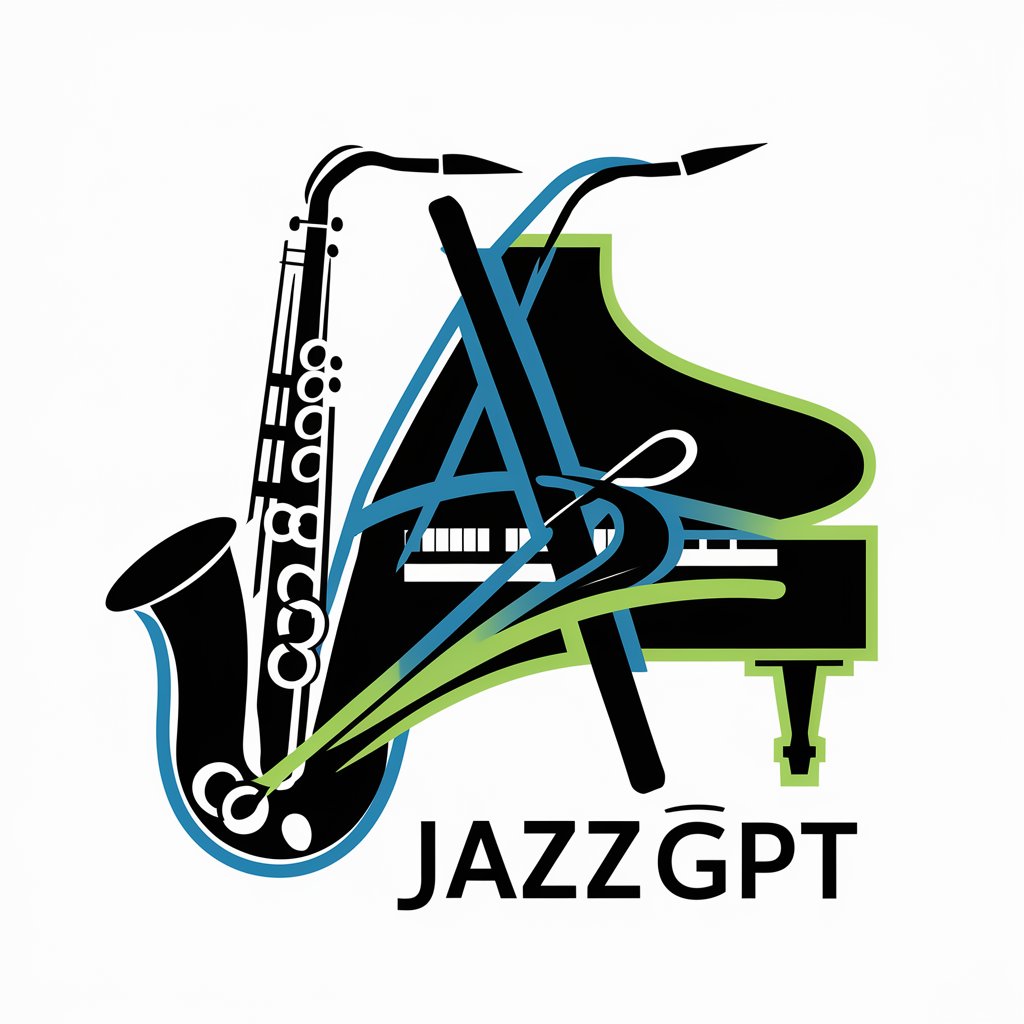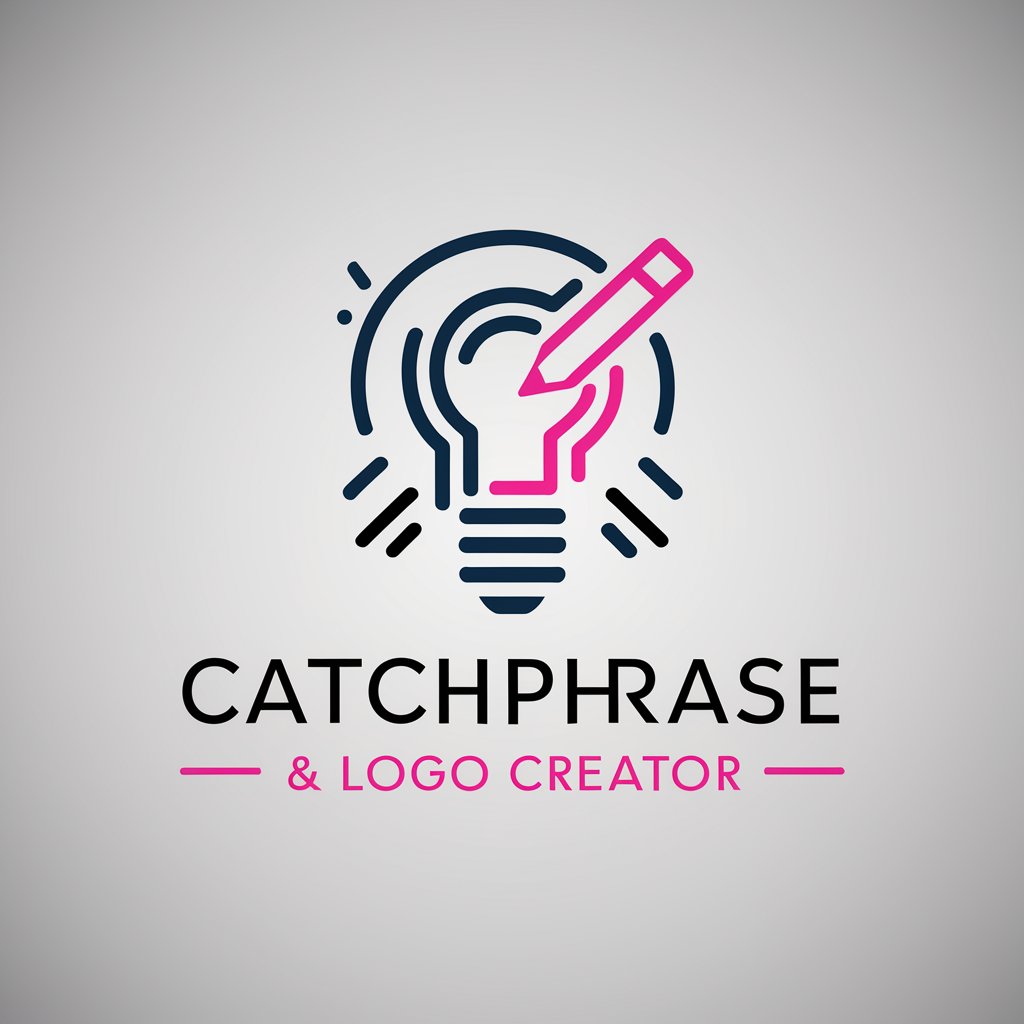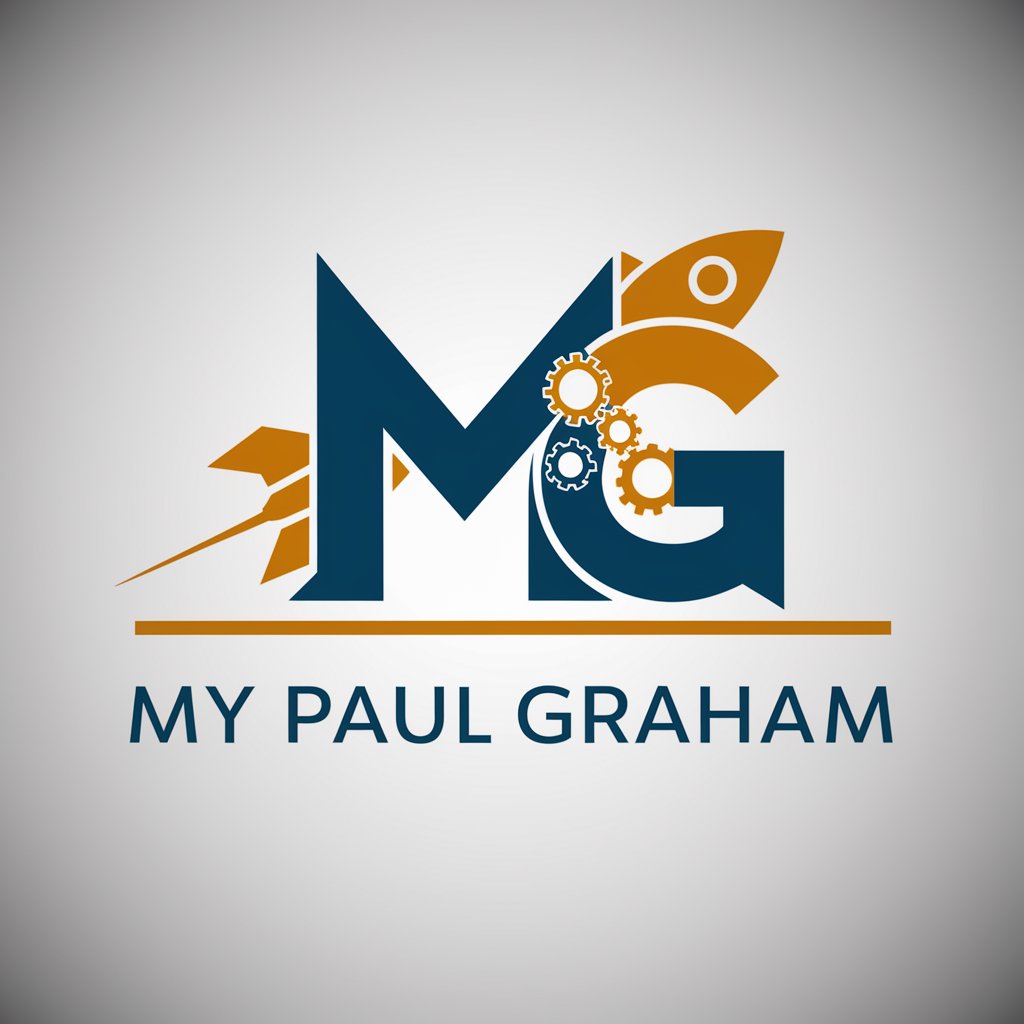Jazz理論GPT - AI-Powered Jazz Theory Tool

Welcome to Jazz理論GPT, your expert in jazz theory.
Harmonize Creativity with AI Jazz Expertise
Explain the significance of the ii-V-I progression in jazz harmony.
Describe the role of improvisation in bebop.
What are the key characteristics of modal jazz?
How did the cultural environment of New Orleans contribute to the birth of jazz?
Get Embed Code
Introduction to Jazz理論GPT
Jazz理論GPT, a specialized variant of the GPT (Generative Pre-trained Transformer) model, is designed to focus on Jazz theory and its applications. It integrates advanced natural language processing capabilities with a deep understanding of Jazz music theory, history, and practice. This model is tailored for musicians, composers, educators, and enthusiasts, providing insights into Jazz harmony, improvisation techniques, composition, and historical context. Its design purpose is to assist in the comprehension and application of Jazz theory, offering a unique blend of theoretical knowledge and practical examples. For instance, it can analyze a Jazz standard, providing insights into chord progressions, suggest improvisation strategies, or explain the historical significance of a particular piece or artist. Powered by ChatGPT-4o。

Main Functions of Jazz理論GPT
Jazz Harmony Analysis
Example
Analyzing the chord progressions in John Coltrane's 'Giant Steps'
Scenario
A user uploads a lead sheet and requests an analysis of the harmonic structure. Jazz理論GPT identifies complex chord changes and suggests possible scales for improvisation.
Improvisation Suggestion
Example
Providing scale and arpeggio choices for improvising over a Bb7 chord
Scenario
A musician preparing for a gig needs improvisation ideas for specific chords. Jazz理論GPT offers suggestions on scales and arpeggios, enhancing the musician's soloing vocabulary.
Historical Context and Artist Insights
Example
Explaining the influence of Miles Davis on modal Jazz
Scenario
A Jazz history student seeks information on modal Jazz. Jazz理論GPT provides an in-depth analysis of Miles Davis's contributions and the evolution of this style.
Ideal Users of Jazz理論GPT Services
Musicians and Composers
These users benefit from Jazz理論GPT's ability to analyze and suggest harmonic structures, improvisation techniques, and compositional ideas, aiding in their creative process and skill enhancement.
Music Educators and Students
Educators can leverage Jazz理論GPT to provide detailed theoretical explanations, historical context, and practical examples for students, while students can use it to enhance their understanding of Jazz theory and history.
Jazz Enthusiasts
Enthusiasts interested in deepening their appreciation of Jazz can use Jazz理論GPT to explore the genre's rich history, understand the nuances of different styles, and gain insights into the works of legendary Jazz artists.

Guidelines for Using Jazz理論GPT
Initial Access
To begin using Jazz理論GPT, visit yeschat.ai for a hassle-free trial that requires no login or subscription to ChatGPT Plus.
Understanding the Interface
Familiarize yourself with the user interface. This includes understanding the main text input area, navigation menus, and any available customization options.
Engaging with the AI
Start by typing your queries related to jazz theory. The AI can assist with topics like chord progressions, improvisation techniques, and analysis of jazz standards.
Exploring Advanced Features
Utilize advanced features such as music generation, real-time feedback on compositions, or interactive lessons for deeper understanding and practice.
Seeking Help and Resources
For additional support, refer to the help section or community forums. These resources can provide useful tips, tutorials, and peer advice.
Try other advanced and practical GPTs
#クソ小説メーカー
Unleash Your Imagination with AI

Catchphrase & Logo Creator
Craft Your Brand's Voice and Vision with AI

Karen
Karen - The Snarky AI Sidekick

ProductHunt Roaster
Elevate Your Market Presence with AI

Conduct
Unlock Deeper Insights with AI-Powered Analysis

Coach Tough
Empowering action through no-nonsense coaching.

CUC 补画
Revolutionizing Creativity with AI

China Explorer
Navigate China's Complexity with AI-Powered Ease

Roast My Startup
Elevate Your Startup with AI-Powered Insights

My Paul Graham
Empowering Conversations with AI Expertise

SpamGuard Tutor
Smart Spam Filtering Powered by AI

川柳GPT
Crafting Poetry with AI Precision

Jazz理論GPT Questions & Answers
Can Jazz理論GPT create jazz music scores?
Yes, Jazz理論GPT can generate jazz music scores based on specific inputs like style, tempo, or instrumentation, helping users compose and explore different jazz arrangements.
Is it suitable for beginners in jazz theory?
Absolutely, Jazz理論GPT is designed to cater to all levels, including beginners. It provides easy-to-understand explanations and can tailor its responses to the user's knowledge level.
How does Jazz理論GPT assist in improvisation?
The tool offers suggestions on improvisation techniques, recommends scales or modes for particular chord progressions, and can even generate example solos for study and practice.
Can it analyze famous jazz pieces?
Yes, Jazz理論GPT can analyze famous jazz pieces, breaking down their chord progressions, structure, and stylistic elements, thus providing insightful learning material for jazz enthusiasts.
Is real-time feedback on playing available?
Jazz理論GPT currently does not offer real-time feedback on playing. However, it can provide post-performance analysis and tips based on user-uploaded audio or video clips.
